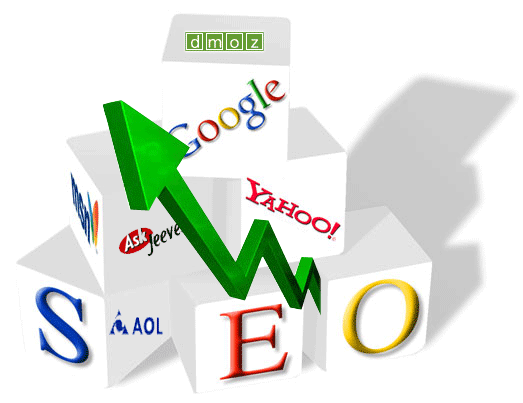Building backlinks to your website is not enough – you need to focus on the on-page SEO as well. Contrary to popular belief, on-page SEO isn’t rocket science. Giving quality and helping the search engines find the best content will always give you great results.
What follows are 7 quick on-page SEO tips that you can apply right away to your site and see the difference.
1) Link to Sites with High TrustRank: While Google PageRank is always talked about in SEO circles, another metric that’s increasingly getting attention is the TrustRank of a website. The more trusted a site is, the higher the TrustRank. So if you want the search engines to view your site as trusted, make sure you link to other trusted sites within your niche, sites that aren’t spammy in any way.
2) Implement Authorship Markup: If you regularly use Google search, then you must have noticed the author’s “profile image” showing up alongside the page listing. This is how the big G tends to gauge the reputation of the author in order to judge the quality of the site’s content. So make sure you implement an authorship markup on your site or any other site you have your content on. Check out the Google Webmaster Help Page to learn more about how you can implement an authorship markup.
3) Repeat Your Keyword Smartly: If there’s one factor that needs to be on your SEO checklist – its keyword density. Let’s say you want to get ranked for the phrase “Pilate Exercise”. Now if you want to maintain the keyword density for this particular phrase, it’s important that you mention it plenty number of times on your page. The idea is to do it smartly by weaving it within your content so that it reads well. Try to maintain a keyword density of 2% to 5% of your total word count. Keep it natural without overdoing, or else you may get penalized for keyword stuffing.
4) Have Fewer AdSense Ads: The Internet is facing a problem with junky ‘made-for-adsense-sites’ that offer no value whatsoever. And the search engines are well-aware of this. This is why many such low quality sites had their rankings wiped out in Google’s infamous Panda update. So if you’ve got a website covered with AdSense ads without much content, you will have a hard time getting ranked. Google wants you to have well structured content on your site. The more you focus on this one factor, the better it is.
5) Speed Up Your Website: If your site loads quicker than the other competing sites, you will have a better chance of ranking over them. Why? Because Google takes website speed into consideration since it wants to give people a great ‘search’ experience. Improving the speed of your site is the easiest thing you can do impress the major search engines, so why not do it? There are many useful on-page SEO tools available online to help you speed up your site.
6) Optimize Your 404 Page: People regularly make typos and end up landing on your 404 page, even though you don’t want them to. So making your 404 page more user-friendly will stop your visitors from hitting the exit button – and position you better in the eyes of the search engines.
7) Have Search Engine Friendly URLs: This is one factor that many ignore even though it holds so much importance. When you have a string of characters and numbers in your URL, it confuses your visitors and offers absolutely no SEO advantage. Having your main keyword phrase in the URL is integral as it helps you get ranked for it.
There you go! Seven on-page SEO tips that will help you boost your position on the SERPs.
Do you have any specific on-page SEO tips to share? Please give us your thoughts in the comments below!




